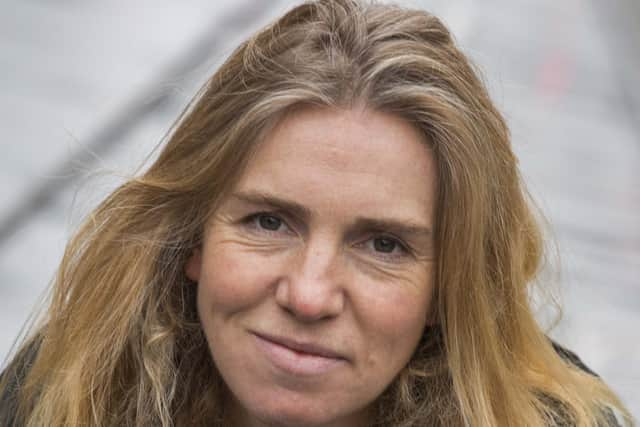Ministers undecided despite ‘desperate’ need for another walking, cycling and wheeling champion - Alastair Dalton
Walking, cycling and wheeling are crucial because they bring so many benefits – reducing emissions as we attempt to avert a climate catastrophe, cutting congestion and enhancing safety on our roads, and improving our personal health, helping the economy and easing the burden on NHS spending.
The Scottish Government has underlined the importance of so-called “active travel” with a massive hike in its budget, which is due to top £230 million a year by 2024, compared to just £39m five years ago.
Advertisement
Hide AdAdvertisement
Hide AdThere’s now even an active travel minister, Patrick Harvie, thanks to the SNP’s power-sharing deal with the Scottish Greens.
Helping to set this new course three years ago, former champion mountain biker and school counsellor Lee Craigie was appointed as Scotland’s first active nation commissioner.
Craigie has been just the expert adviser the Scottish Government has needed to help guide policy, highlight deficiencies and act as a critical friend.
This has included calling out the railways’ “cultural resistance” to accommodating bikes on trains and helping to improve and expand provision.
She has promoted simple innovations to increase everyday activity such as challenging people to hold “active meetings”, such as where people walk and talk, which I’m planning to do when I interview the chief executive of a major transport body next month.
The commissioner has also talked about how cycling helped her as a teenager by becoming a means of escape and a confidence builder.
Craigie has built on that to inspire today’s youth and question our over-protective culture, with her inspirational feats including the recreation of a Lanarkshire girl’s epic two-week cycling trip through the Highlands with friends in the 1930s.
However, all this came to an end last week when Craigie’s three-year term ended – with no successor appointed.


Advertisement
Hide AdAdvertisement
Hide AdIn her final report to ministers, the outgoing commissioner called for not just a replacement but also an ambassador for active travel, to help drive a holistic approach that included public health, and a “people’s panel” to further boost their work.
She said “we desperately need” the commissioner’s role to continue “for a healthier, happier, fairer Scotland and as part of the answer to our shared global environmental crisis”.
The report also included many items labelled as “further action required”, such as cycle path expansion and 20mph limits.
The Scottish Government’s response? It’s undecided, which I find frankly astonishing.
Its Transport Scotland agency told me: “We are currently exploring if or how the role might transition in to a new chapter that reflects the rapidly-changing landscape for active travel in Scotland following Covid, COP26, the appointment of a minister for active travel, and the commitment to increase investment in active travel to at least £320m, or 10 per cent of the total transport budget, by 2024-25.”
Optimists might interpret that as a sensible pause to adopt the correct approach.
But others could see it as ominous procrastinating that threatens to disrupt the momentum Craigie has built up since 2019, and would rightly question why a transition hasn’t been planned since her role was created. It is not as if she’s suddenly departed.
Comments
Want to join the conversation? Please or to comment on this article.
